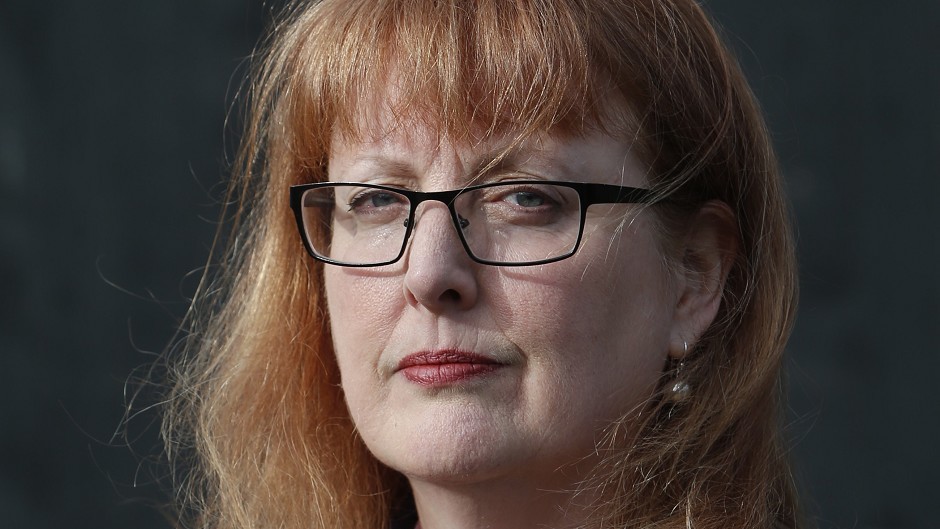The UK Government has been warned to ensure the interests of the Northern Irish people are represented in Brexit negotiations amid the current political crisis.
SNP MP Deidre Brock raised the implications of Deputy First Minister Martin McGuinness’ resignation yesterday as the triggering of Article 50 approaches.
In the HouseCommons, she asked Northern Ireland Secretary James Brokenshire: “Now there is no effective administration in Stormont, who can speak up for Northern Ireland in the joint ministerial committee (JMC)?”
These are the talks that started last year aimed at allowing the leaders of the devolved nations to help shape the UK’s strategy for leaving the EU.
If the power-sharing executive does collapse, it raises questions as to what form Northern Ireland’s involvement will take going forward.
There’s also the pending Supreme Court ruling on the Brexit challenge which could mean Theresa May must get the consent of the Scottish and Northern Irish governments before she can activate the two-year withdrawal process.
During the hearing in London last month, James Wolffe, the Lord Advocate for Scotland, said to do so without it would be “unconstitutional”.
And QCs David Scoffield and Ronan Lavery, representing Northern Ireland, said it could undermine the Good Friday Agreement.
Ms Brock continued yesterday: “Remembering that Northern Ireland voted to Remain, can you tell us what you are doing to ensure that the interests of the people of Northern Ireland are being looked after when Brexit negotiations are considered?”
The minister insisted he had been and would continue to be a “strong voice”.
But he added: “Obviously having a strong executive in place and remaining in place is important.
“The ability for the executive to be able to make points to the UK Government underlines the need to find a way forward to ensure Northern Ireland’s voice is heard through that mechanism as well as the strong voice I will continue to give.”
Earlier, he urged Northern Ireland’s political leaders to step back from the brink.
He described the situation as “grave”, indicating a snap election was now highly likely.
